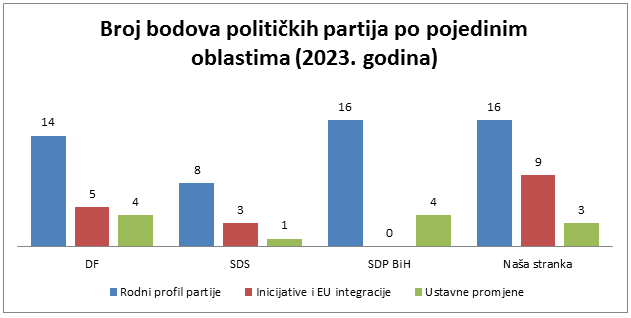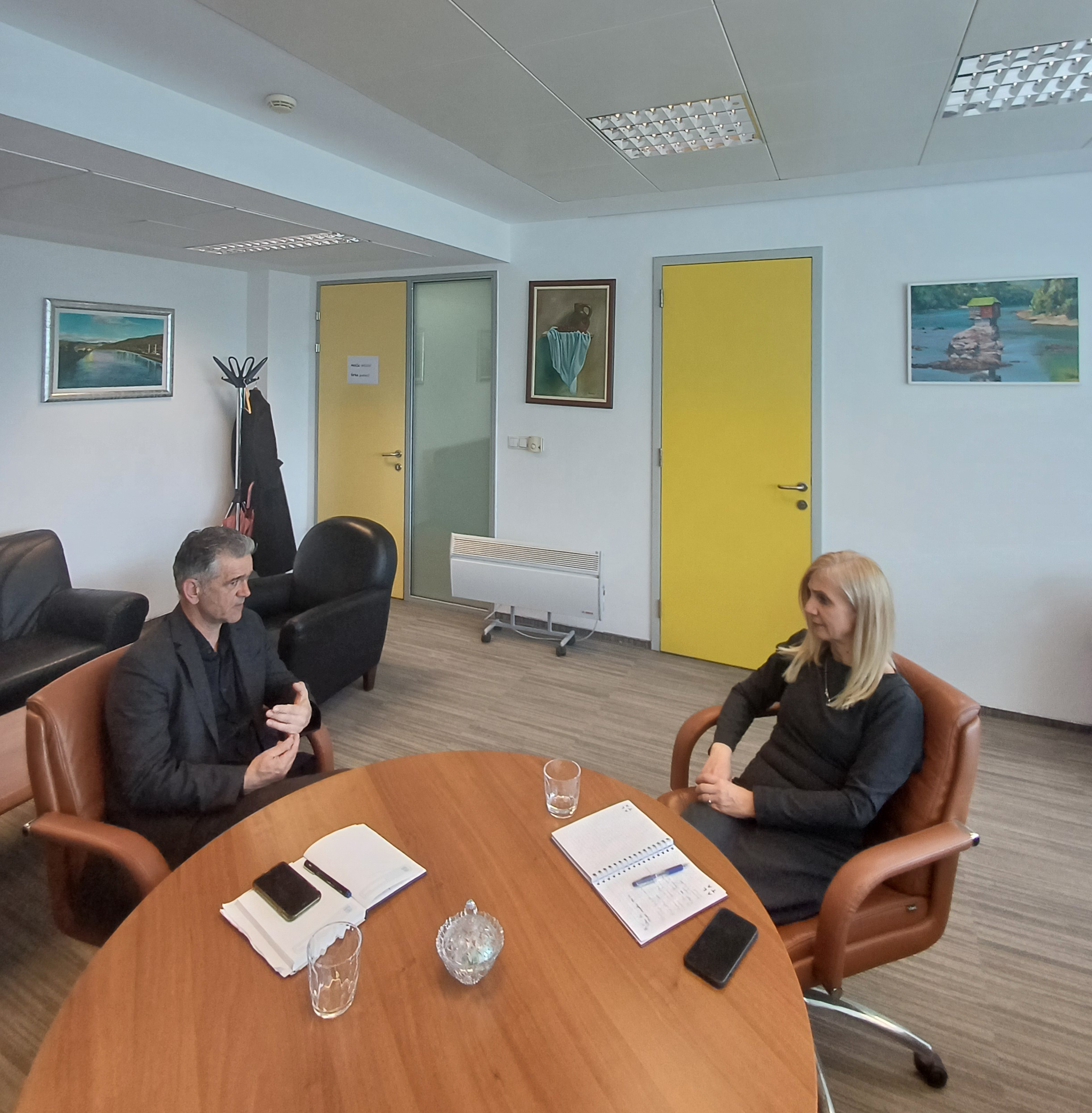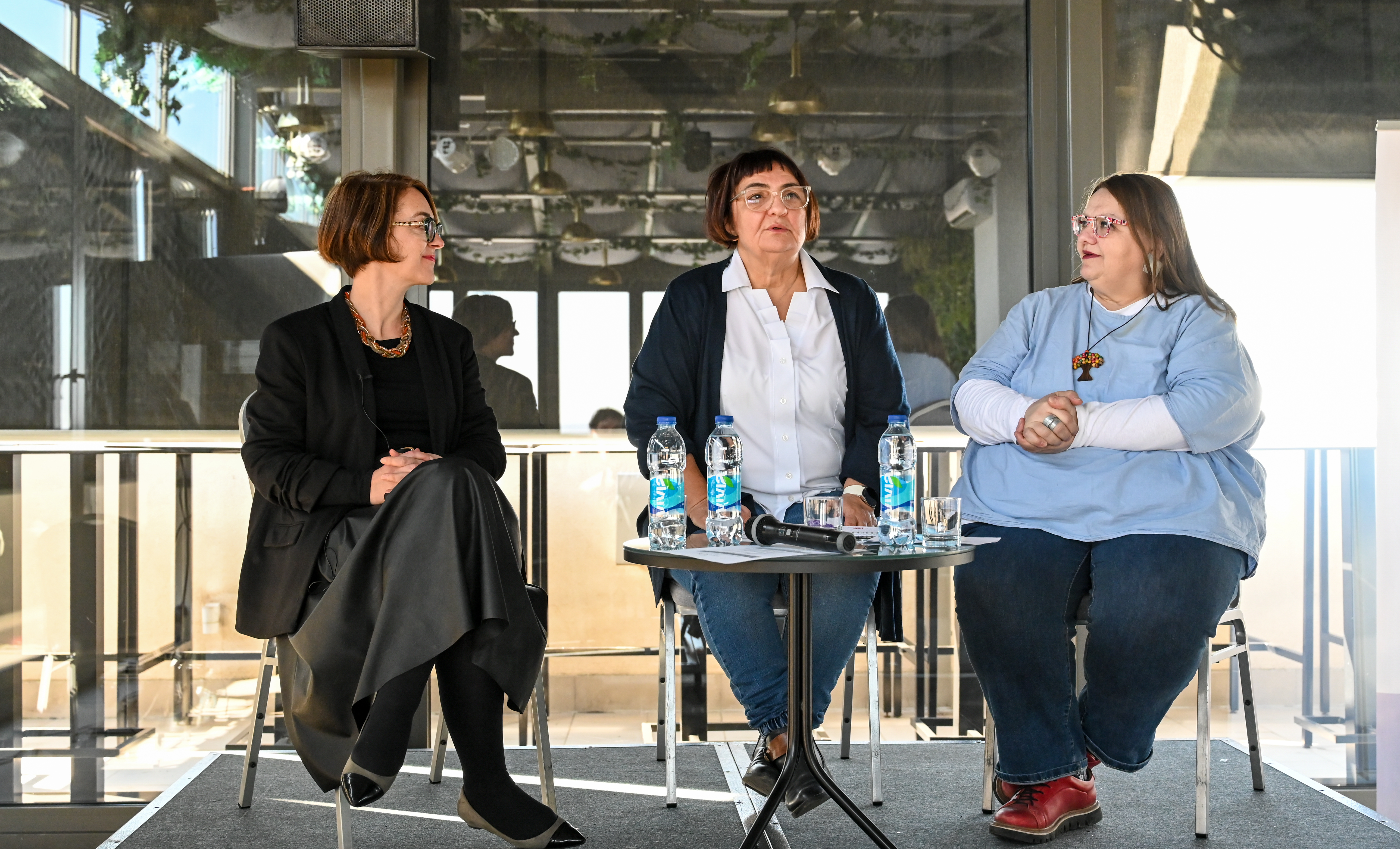In 2020, the Helsinki Citizens’ Assembly Banja Luka created a tool for assessing gender sensitivity with the aim of effectively and argumentatively monitoring the extent to which the key political parties in Bosnia and Herzegovina are truly committed to work on the promotion of gender equality. During three years of research, we have come to significant insights:
– that the majority of ruling parties (or parties that significantly influence the legislature) have an ignorant attitude, i.e. they are absolutely uninterested in presenting how many women they have in party bodies or how active they are in the field of legally improving the position of women in society
– in three years, only one party – the Serbian Democratic Party submitted its answers on time and was willing to additionally answer some questions or explain certain doubts. For all other parties, the deadlines were extended, and some of them showed complete disinterest from the very beginning in the form of answers: “If we are interested, we will contact you, you do not need to call us anymore”, “We are very busy, we will not have time to answer these questions” etc. And the questions were neither difficult nor demanding, you could even say that it was something that everyone could answer clearly right away. We asked them about the number or percentage of women in governing bodies, as well as about the initiatives or laws they proposed in parliaments, which were on the path to improving gender equality. Simple questions that we thought each party would be able to answer quickly.
– Most or almost all parties immediately forwarded the Barometer questions to clubs or women’s interest groups in their party, thus confirming patriarchal patterns according to which issues concerning women are only a “women’s matter” and not their male counterparts.
– There were individuals from the parties who wanted to help, but who were waiting for certain information or permission from the party to participate in the research. All this waiting ended so that we never received the answers to the questionnaire. This is an indication that there is a clear hierarchy in the parties and that it must not be questioned.
– In three years, certain political parties that participated in the Barometer made progress in the field of integrating the gender perspective in various processes and areas of activity. Thus, starting this year, Our Party introduced a position in its Statute which defines that in the case of an equal number of votes, preference will be given to the person of the less represented sex. In Article 40, paragraph (3), it is defined that the president of the party shall ensure equal representation of the sexes when determining the proposals of members of the Presidency of Our Party. Moreover, since the last congress in 2023, the statute has been written in the feminine gender. Progress was also made by the Serbian Democratic Party, which amended its Statute and introduced a new provision that stipulates that at least 40% of members of the less represented gender must be elected in the party’s bodies, as well as that the president of the interest group automatically becomes a member of the party’s Presidency.
In 2023, the Social Democratic Party specified Article 69 at the Congress and adopted: at least 40% representation of the less represented sex, which, among other things, applies to all the composition of the party’s bodies. The Statute of the Democratic Front in paragraph (2) of Article 28 prescribes a mandatory percentage of the less represented sex, which is 40%. This is a new change in the party bodies, where the adopted new Statute is harmonized with the Law on Gender Equality of BiH (once this percentage was 30%).
Now we present to you the main results of the third Gender Barometer (2023), which we publish every year, in order to monitor the progress made by political parties in the field of integrating a gender perspective in various processes and areas of activity. The received answers were scored according to predetermined criteria and then, based on the sum of the points, a ranking list of gender-sensitive parties was made. The higher this sum is, the more gender sensitive the party is. Questionnaires were sent to the addresses of the 10 largest political parties in Bosnia and Herzegovina, and answers were received from: Serbian Democratic Party (SDS), Democratic Front (DF), Social Democratic Party of BiH (SDP BiH) and Our Party.
Ranking list of gender sensitivity of political parties in BiH – 2023
| Party | Number of points |
| Our Party | 28 |
| Democratic Front | 23 |
| SDS BiH | 20 |
| SDP | 12 |
The following parties did not submit answers to the questionnaire: Party of Democratic Action (SDA), Croatian Democratic Union of BiH (HDZ BiH), Alliance of Independent Social Democrats (SNSD), Party of Democratic Progress (PDP), Alliance for a Better Future and Democratic People’s Alliance (DNS). Failure to provide an answer implies that gender equality issues are irrelevant to these parties and that they do not take them seriously.
When we talk about the gender sensitivity of domestic parties in 2022, compared to 2021, we see that the order of political parties remained unchanged. Our Party won the most points, followed by SDP BiH, SNSD and SDS. Compared to last year, Our Party and SDP BiH, as well as SDS, have improved their work, while SNSD’s engagement is somewhat weaker. If we look at the results from 2023 in general, we will see that there is progress. The parties have incorporated in their documents the legally prescribed quota of 40% members of the minority group, which must be in the executive bodies of the party. Also, Our Party is still the one that respects and affirms gender equality the most, from the party’s structures to advocacy in parliaments and in practice, while the Democratic Front came in second place, overtaking the Social Democratic Party of BiH.
Ranking list of gender sensitivity of political parties in BiH; 2021, 2022 and 2023
| Party | Number of points | ||
| 2021 | 2022 | 2023 | |
| Our Party | 23 | 33 | 28 |
| SDP BiH | 15 | 17 | 20 |
| Democratic Front | 12 | – | 23 |
| SNSD | 11 | 10 | – |
| SDS | 4 | 7 | 12 |
Based on our research, the results show that Our Party, along with the SDP BiH, is the most gender-sensitive political party in BiH, and in terms of the representation of women in decision-making bodies (they have 30% of women in the Presidency and 38.5% of women in the Main Board of the party), and on the matter of advocating for the improvement of the position of women through legislative activities. In the past years, Our Party had three legislative initiatives in the Parliament of the Federation of BiH and three in the Parliament of BiH, and regarding the implementation of 14 priorities from the Opinion of the European Commission, they had three activities related to the promotion of gender equality and the reduction of gender-based discrimination. The willingness to implement the gender component in the Constitution of BiH is most present in Our Party.
In second place is the Democratic Front, which compensates for its deficit of women in party bodies with activities related to gender equality. First of all, these are activities in the Parliament of the Federation of BiH, but also activities concerning the discrimination of citizens within the framework of the election law.
In third place is the SDP BiH, which we can say takes care of the position of women within the party (they have 42% of women in the Presidency and 38.5% in the Main Committee of the party), but not in the activities in the legislative bodies where they have their representatives. In this party, there were no concrete activities regarding EU integration and the promotion of gender equality.
Next is SDS, with 10% of women in the Presidency and 20% in the Main Committee of the party, but they changed internal documents that could lead to a greater number of women in party bodies in the coming period. What is characteristic for them, compared to other parties, is the absence of a position on the incorporation of a gender component into the Constitution of BiH.

- The gender profile of the party refers to the position of women within a party (presence in decision-making bodies and definition of their position in party documents)
- Initiatives and EU integration refer to the activities of political parties in proposing and passing laws and by-laws in entity and state parliaments and to activities leading to EU integration, with an emphasis on the gender component
- Constitutional changes refer to the readiness of political parties to include gender components in the Constitution of BiH through changes.
You can view the gender barometer infographic here.





